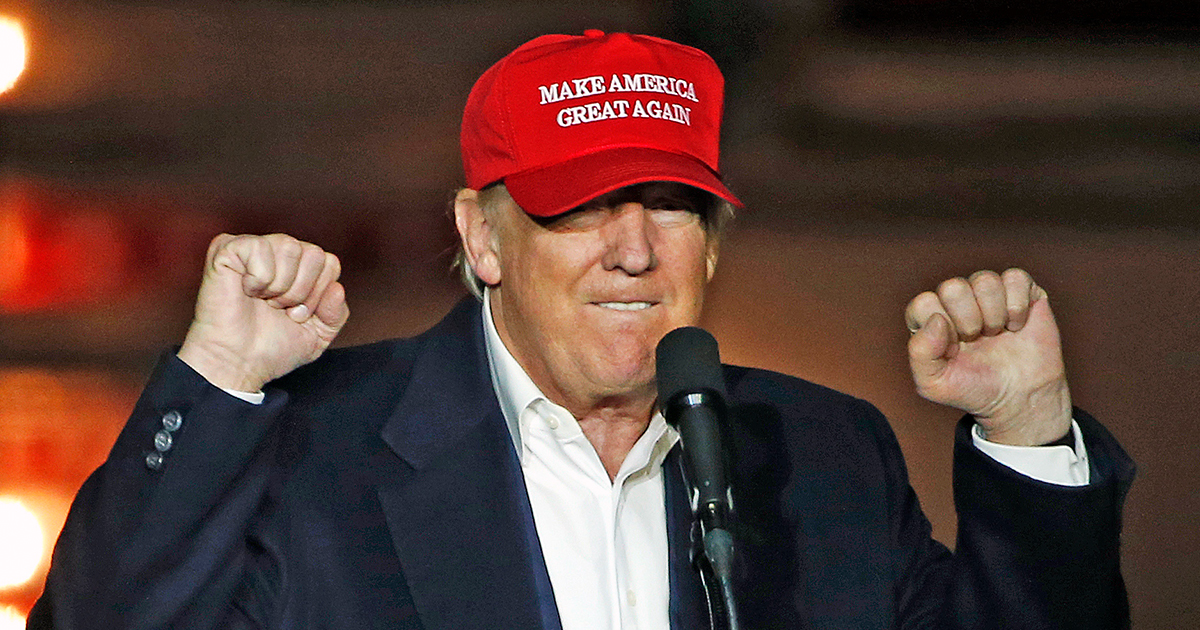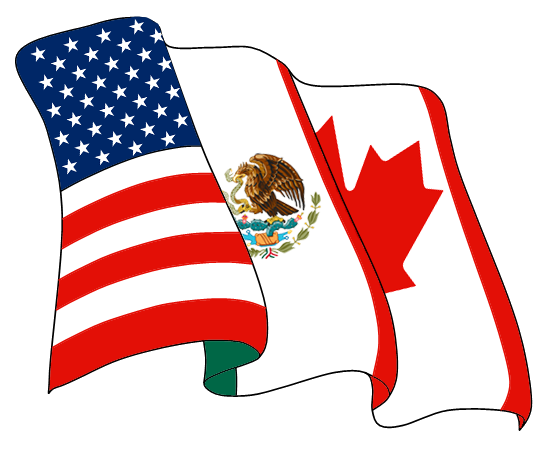What Donald Trump Could Actually Do to NAFTA

By:
President-elect Donald Trump has repeatedly blamed trade deals for job loss in America's manufacturing industry, and he's taken particular issue with the North American Free Trade Agreement, known as NAFTA — a deal designed to spur trade between the U.S., Mexico, and Canada that Trump has vowed either to withdraw from or renegotiate shortly after assuming office.
 AP/Gene J. Puskar - apimages.com
AP/Gene J. Puskar - apimages.com
Trump called NAFTA the "worst trade deal in history" in September, tapping into working class frustration over outsourced manufacturing jobs and stagnating wages that some attribute to the trade agreement.
Research has turned up little evidence supporting the characterization of NAFTA as a job killer, but Trump's use of the campaign device appeared to be effective. A memo from Trump's transition team, obtained by CNN, showed Trump's plans to reach a determination on NAFTA withdrawal by the end of his first 200 days as president.
Does research support Trump's claims about NAFTA?
 Wikimedia - wikimedia.org
Wikimedia - wikimedia.org
Trump isn't alone in his criticism of trade deals such as NAFTA. He's joined by some progressive members of Congress such as independent Vermont Sen. Bernie Sanders, who also railed against NAFTA as a Democratic primary candidate last year. Sanders and Trump have both cited research linking manufacturing job losses to NAFTA, including a 2014 study from the Economic Policy Institute, which found that NAFTA created trade deficits that displaced more than 850,000 U.S. jobs between 1993 and 2013.
Other research, including a 2015 review of NAFTA studies by the Congressional Research Service, determined that "NAFTA did not cause the huge job losses feared by the critics or the large economic gains predicted by supporters."
Is Trump's proposal to withdraw from NAFTA feasible?
 Carolyn Kaster/AP - apimages.com
Carolyn Kaster/AP - apimages.com
Yes. The international agreement stipulates that any of the three countries are allowed to withdraw from NAFTA if they give six months notice; the remaining trade partners would operate as usual in the event of a U.S. withdrawal, Vox's Zeeshan Aleem reported. Here's more from Aleem:
"Withdrawal wouldn’t be a smooth process. It would require loads of American businesses bringing existing components of their supply chains and outsourced services back onshore to avoid tariffs or other penalties — a process that takes time and money. ... If that’s enough, the move could set off a trade war by prompting Mexico to raise tariffs on American goods in response. That could cause a downturn in the U.S. economy and a spike in the unemployment rate that would undermine the very reason Trump is considering withdrawing from NAFTA; while some jobs would be created, more jobs would be lost as American exports grow more expensive for foreigners."
Renegotiating the agreement would prove more complicated than an outright withdrawal, however, because it'd involve the consent of Mexico and Canada, Joshua Meltzer, a senior fellow in the Global Economy and Development program at the Brookings Institution, told ATTN:.
"It all depends on what his plan is for what a renegotiated NAFTA would look like. I think that Canada and Mexico are open to updating and improving the rules governing trade and investment amongst these countries, but if the idea is to renegotiate NAFTA to actually raise barriers and make trade investment more difficult — and ultimately the United States is the biggest country in that group and more likely to have a significant say in what those outcomes are — but you're going to end up with Mexico having to respond and also raise barriers to U.S. exports and goods and the like."
